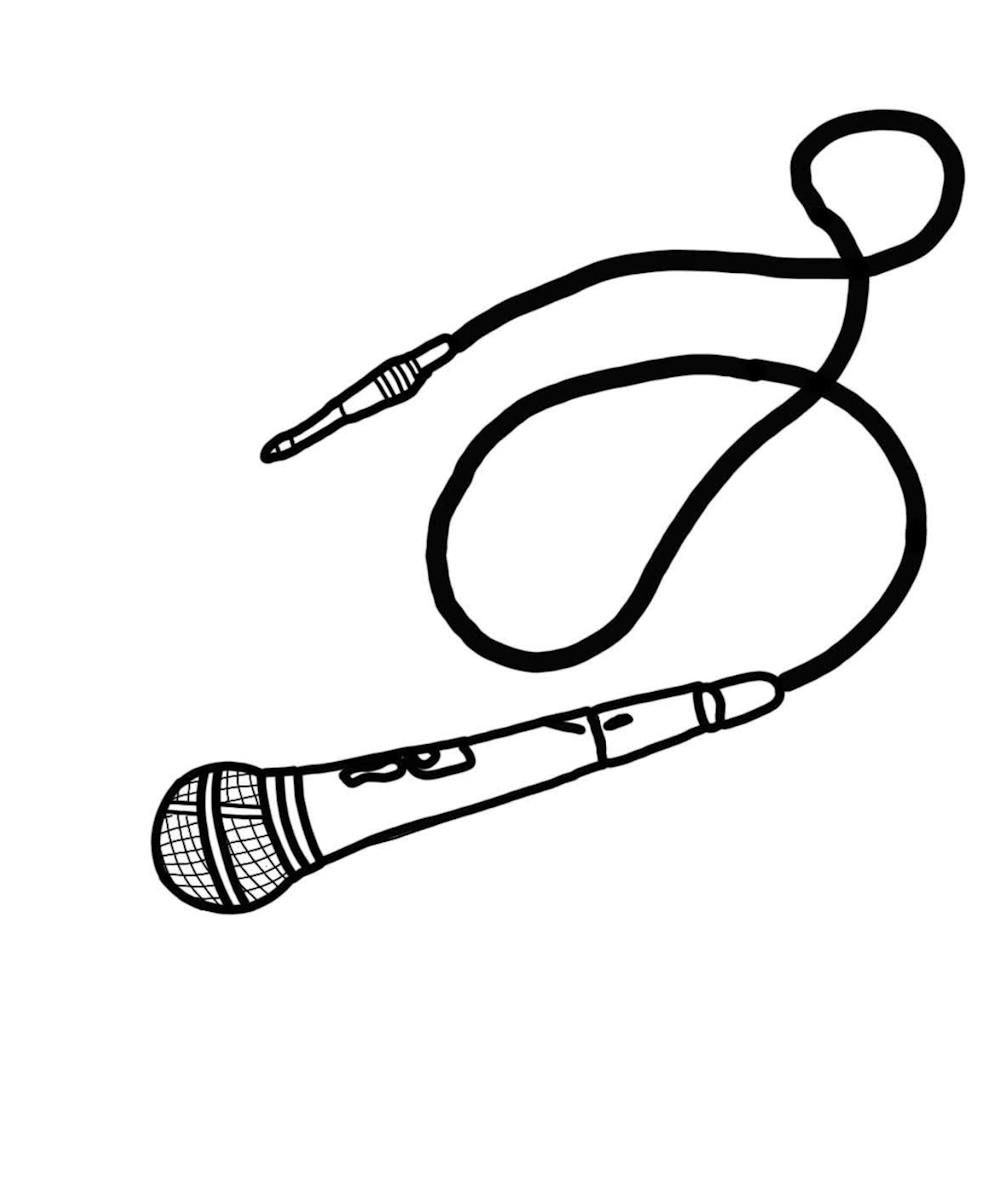By Ally Uhlendorf
Editor-in-Chief
On the night of Sept. 17, yet another late-night television host was silenced due to the expression of political views. Following the cancellation of “The Late Show with Stephen Colbert” in July due to his outspoken political views, Jimmy Kimmel has now also been taken off the air by ABC due to his comments regarding the assassination of conservative activist Charlie Kirk.
In his opening monologue, Kimmel referenced the circling discussion regarding Kirk’s suspected assassin being a supporter of President Donald Trump.
“The MAGA Gang desperately trying to characterize this kid who murdered Charlie Kirk as anything other than one of them and doing everything they can to score political points from it,” Kimmel said. “In between the finger-pointing, there was grieving.”
The removal of Kimmel and Colbert from the air isn’t just a blow to late-night television, it is a warning to free speech in journalism. Whether you agree with what these hosts have said or not, these are journalists whose job it is to speak their mind, challenge power and spark conversation. Silencing them is quite literally the opposite of what freedom of the press stands for.
Part of the art of journalism is that writers have the ability to express themselves through writing, reporting and anchoring. Without many realizing, journalists and journalism itself hold the power to educate, inform and change lives.
Trump himself applauded ABC for removing Kimmel off the air.
“Great News for America: The ratings challenged Jimmy Kimmel Show is CANCELLED. Congratulations to ABC for finally having the courage to do what had to be done,” Trump wrote in a Truth Social post.
The president even threatened to take fellow late-night show hosts Jimmy Fallon and Seth Meyers off the air next.
“Kimmel has ZERO talent, and worse ratings than even Colbert, if that’s possible. That leaves Jimmy and Seth, two total losers, on Fake News NBC. Their ratings are also horrible. Do it NBC!!!”
On Sept. 22, ABC announced that Kimmel’s show will return on Sept. 23.
“It is a decision we made because we felt some of the comments were ill-timed and thus insensitive,” the statement said. “We have spent the last days having thoughtful conversations with Jimmy, and after those conversations, we reached the decision to return the show on Tuesday.”
However, about a quarter of the ABC stations in the United States won’t be airing it.
Nexstar and Sinclair, two owners of local ABC stations, stated that they will pre-empt Kimmel’s show indefinitely. Nexstar said it would replace the comedy show with news programming, pending further “discussions with ABC.”
Although Kimmel is now back on the air, it does not mean the whole situation did not occur and everything is back to normal. A portion of Kimmel’s freedom of speech is now revoked as his words will be closely watched and examined, a theme that we are now seeing amongst many reporters and journalists as of late.
We live in an era where rage is both a commodity and a currency. The outcry over Kirk’s assassination and the censorship of Kimmel expose a grim hypocrisy — those who loudly condemn violence in politics often tolerate or even encourage silencing when the speech goes against their side.
Political violence is never the answer. Differing political views should never end in extreme violence or measures. At the end of the day, it only worsens the state of our country and widens the gap between the right and the left. And so does hypocrisy.
When Kirk was assassinated, the president immediately claimed the attack as an assault on free speech and called for unity. However, in basically the same breath, he is now celebrating the silencing of journalists.
If we as a country genuinely believe that free speech should be free, not just when we agree with said speech, then suspending a show feels less like protection under the First Amendment and more like intimidation and a threat against journalism. This ideology suggests that people of power only view speech as “free” when the speech reinforces their beliefs.
Journalism gives those who may not be able to have a public voice a chance to spread their message and tell their story. As a student and aspiring journalist, I do not want to fear the possibility of my voice being silenced. To those who say that “journalism is a dying field,” or “nobody reads newspapers anymore,” what threatens journalism the most is not a lack of interest in reading the news, but rather, the backlash against voices that dissent.







